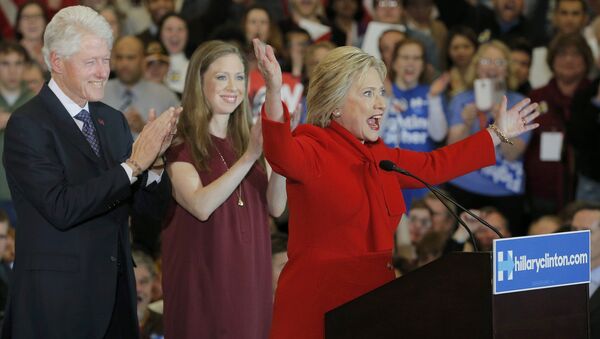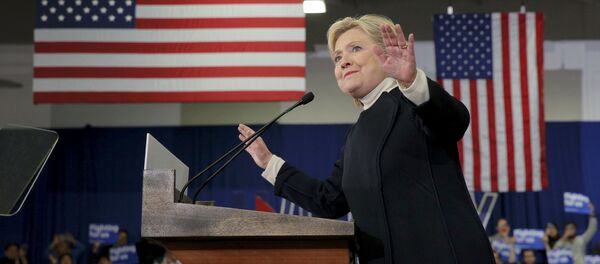Bill Clinton had to cooperate with Republican House Speaker Newt Gingrich on a strong economic policy of tax cuts and low interest rates. But then, the economic recovery over the next six years allowed Clinton to take primary credit for the economic policies he had been forced into, Winnie recalled.
"If Hillary Clinton is elected, however, the policy and interpersonal dynamics will be very different this time. The key is that she doesn’t want Bill to overshadow her on the economy or on anything else. She wants to be the one calling the shots," Winnie pointed out.
If Hillary Clinton did appoint her husband as some kind of economic master-strategist he would certainly try to engage Republicans, but the dynamic would be very different from what it was after 1994, Winnie predicted.
"This is a completely different generation and they will not be willing to trust Bill Clinton, or work cooperatively with him the way their predecessors did. They don’t respect him and they don’t trust him," Winnie warned.
Clinton would be trying to work with Republicans in Congress under the cumulative effect of nearly a quarter century of scandals about his private life and alleged financial improprieties, especially about how he has treated women, Winnie observed.
Bill Clinton "would have a very difficult problem dealing with the conservative wing of the Republican Party with its emphasis on family values, especially among its congressional members from the South. The rank and file of the GOP is very much opposed to both Hillary and Bill," Winnie explained.
Clinton might also advocate more conservative economic policies to restore conditions for economic growth, Independent Institute Center on Peace and Liberty Director Ivan Eland said on Monday.
"His policy after the election would probably to reduce the debt by cutting spending, increasing taxes and running budget surpluses. He knew that deficits and debt drag economic growth," Eland pointed out.


